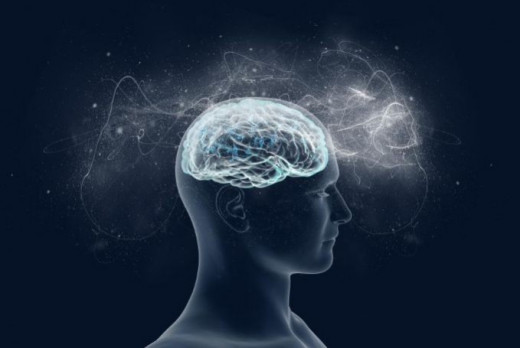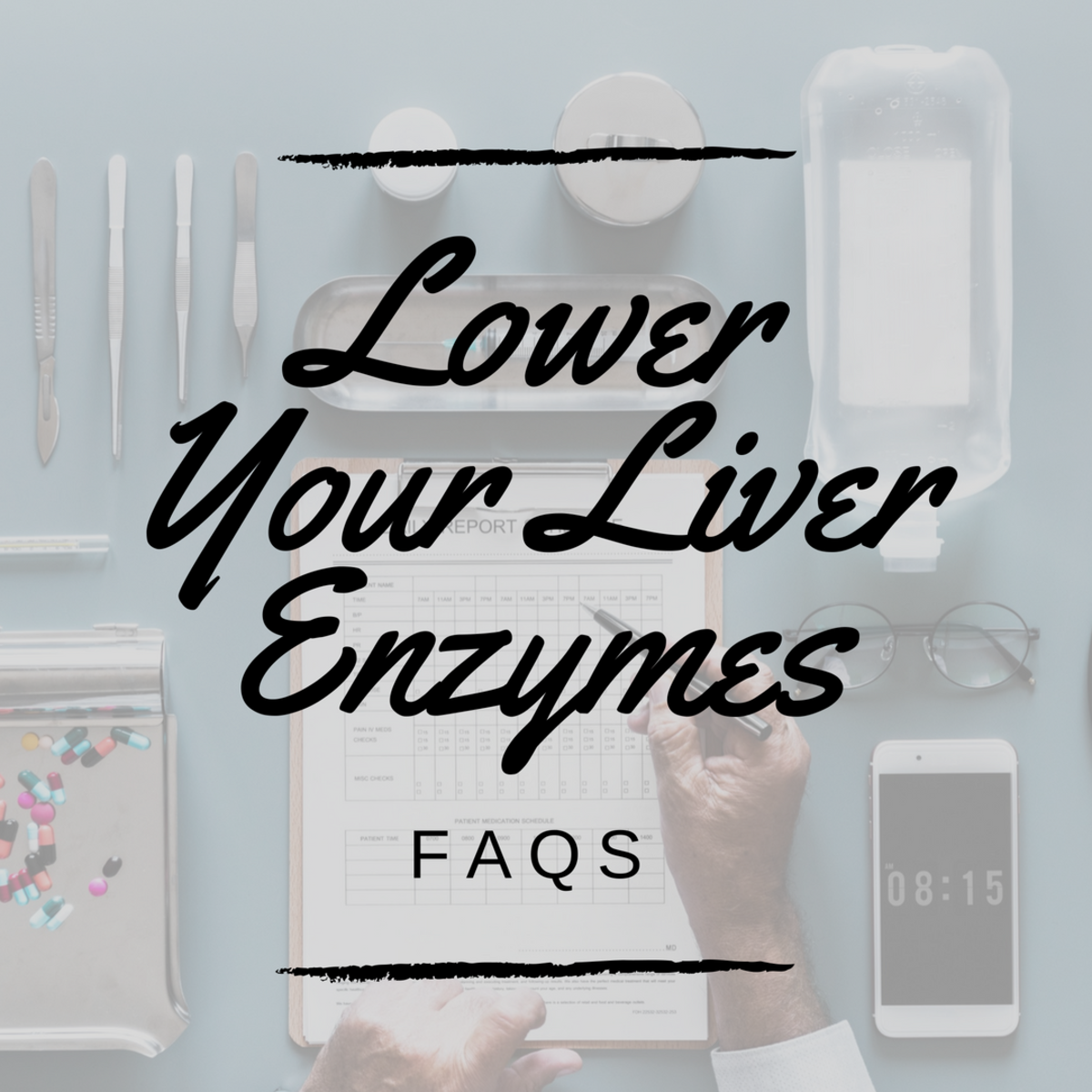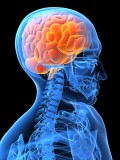Magnesium Supplements can Prevent Neurodegeneration and Reverse Cognitive Deficits in the Aging Mind

What happens to the brain as you age? Or in neurodegenerative diseases such as Alzheimer’s or Huntington’s disease?
The human brain controls everything we do. It controls our thought processes, our learning, our emotions, and our intellectual capacity. In order to do this, it requires a huge communication network between the cells (neurons) that make up the brain. These cells communicate by means of synapses. Synapses are the connecting points between your 100 billion brain cells. You have trillions of synapses in your brain, and your brain cells communicate with one another across them. This network is what allows you to have thought, opinion, and desire to do certain things. It’s what makes you unique as a person.
Everyone ages, and as you age these connections begin to become weaker and even start to disappear. This is associated with normal aging and neurodegenerative diseases such as Alzheimer’s and Huntington’s. Normal aging is associated with impairments in cognitive function, including memory, and specific and relatively subtle synaptic alterations in the brain (Morrison e Baxter, 2012). As one becomes older, one might notice a cognitive decline associated with their everyday life. For example: Think about how often you may forget things on a day to day basis now as compared to when you were younger or in your “prime” time. It’s quite likely that your memory isn’t up to the same par as it used to be. This is actually normal, and thankfully there are a few ways to help prevent these affects and actually reverse them.
What is magnesium? How can magnesium benefit my cognitive function?
You probably know magnesium as a silver-white metal commonly used to make lightweight alloys for example. While it is that, magnesium is also a mineral that is crucial to the body’s function. Commonly known functions of magnesium in the body are its ability to regulate blood pressure, support strong bones, and maintain a steady heart rhythm. It has also been found that elevation of magnesium in the brain can prevent synaptic loss and reverse cognitive deficits (Wang et al., 2013). Essentially, magnesium can restore brain function and your memory.
Scientists have been surprised by the discovery that magnesium plays an essential role in supporting brain plasticity (the brain’s ability to change throughout life), which is a sign of a youthful, flexible brain primed for optimal learning, memory, and cognitive function (Rivington, 2016). Thankfully, scientists have proven that elevating brain magnesium can reverse cognitive impairments and brain plasticity, thus enhancing learning and memory (Slutsky et al., 2010). These findings suggest that an increase in brain magnesium enhances both short-term synaptic facilitation and long-term potentiation and improves learning and memory functions.
In each of these studies, scientist have used a revolutionary compound named magnesium-L-threonate (MgT) to raise magnesium levels in the brain by up to 15% (Mickley et al., 2013). Compared to various other forms of magnesium, they found that magnesium-L-threonate had the highest bioavailability and brain magnesium-loading ability. Animal studies reveal marked and significant improvements in memory, learning, and cognition with magnesium-L-threonate supplementation, and lab studies show corresponding improvements in synaptic structures that correlate with improved brain plasticity. Magnesium in the brain mediates electrical signals between brain cells, and the more magnesium available, the stronger the connections between the cells resulting in stronger formation of the resulting memory. In addition to impacting memory, chronically low calcium and magnesium levels in the diet have also been shown to correlate with a high incidence of neurodegenerative diseases (Taniguchi et al., 2013).
Where can I find magnesium-L-threonate?
There are various nootropic companies offering brain enhancing supplements with this compound as one of the ingredients. It is completely legal to purchase and does not require a prescription. Simply search in google for “magnesium-L-threonate supplement” and you are highly likely to find a reputable brand that is both effective and affordable.
Questions?
If you have any questions, or if this article has helped you in your search for a supplement to help with your memory, please leave a comment below and I will get back to you as soon as possible.
References
MICKLEY, G. A. et al. Chronic dietary magnesium-L-threonate speeds extinction and reduces spontaneous recovery of a conditioned taste aversion. Pharmacol Biochem Behav, v. 106, p. 16-26, May 2013. ISSN 1873-5177. Disponível em: < https://www.ncbi.nlm.nih.gov/pubmed/23474371 >.
MORRISON, J. H.; BAXTER, M. G. The ageing cortical synapse: hallmarks and implications for cognitive decline. Nat Rev Neurosci, v. 13, n. 4, p. 240-50, Mar 2012. ISSN 1471-0048. Disponível em: < https://www.ncbi.nlm.nih.gov/pubmed/22395804 >.
RIVINGTON, J. Unique Magnesium Compound Reverses Brain Aging. Life Extension Magazine 2016.
SLUTSKY, I. et al. Enhancement of learning and memory by elevating brain magnesium. Neuron, v. 65, n. 2, p. 165-77, Jan 2010. ISSN 1097-4199. Disponível em: < https://www.ncbi.nlm.nih.gov/pubmed/20152124 >.
TANIGUCHI, R. et al. Combined low calcium and lack magnesium is a risk factor for motor deficit in mice. Biosci Biotechnol Biochem, v. 77, n. 2, p. 266-70, 2013. ISSN 1347-6947. Disponível em: < https://www.ncbi.nlm.nih.gov/pubmed/23391905 >.
WANG, J. et al. Magnesium L-threonate prevents and restores memory deficits associated with neuropathic pain by inhibition of TNF-α. Pain Physician, v. 16, n. 5, p. E563-75, 2013 Sep-Oct 2013. ISSN 2150-1149. Disponível em: < https://www.ncbi.nlm.nih.gov/pubmed/24077207 >.
© 2019 Dylan Riddle








